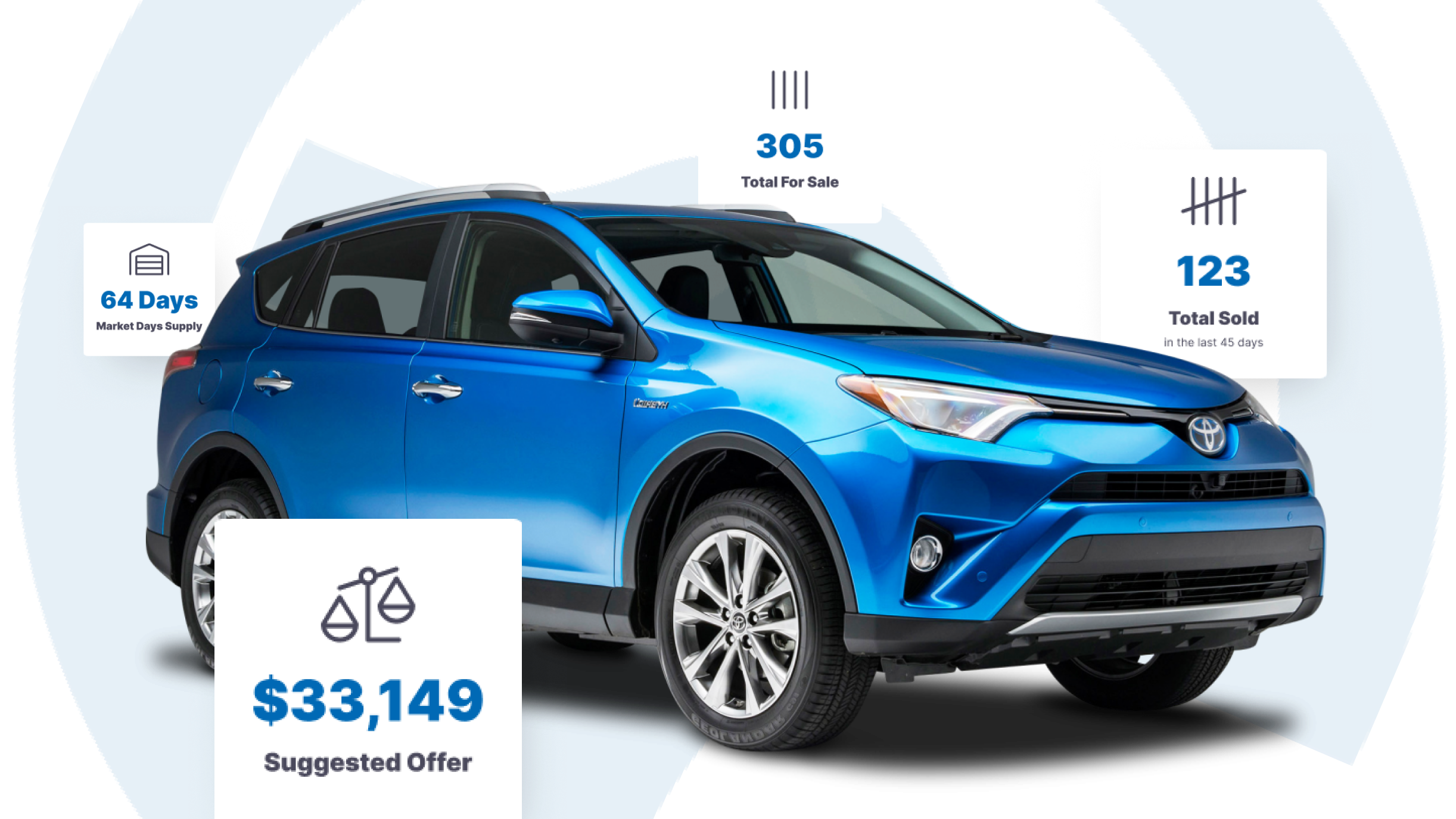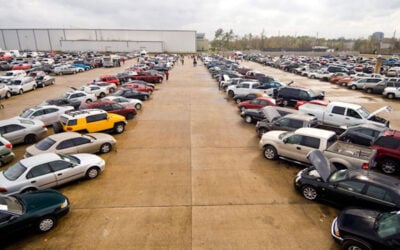When you go to buy a car, don’t be surprised if the dealer you’re purchasing it from bought the car at an auction. The “ins and outs” of used car auctions remain unknown to many, however they aren’t too terribly complex. Many people have asked me “why do cars go to auction?”
The short answer for why cars go to auction is to improve dealership profitability.
Let’s explore how car dealerships work, and how you can make an informed decision armed with this knowledge.
The Top Reason Used Cars Go to Auctions
Car dealers are in the business of making money. When they can’t sell a car to a consumer quickly, it’s more profitable for them to sell that car to another dealer via an auction. Generally speaking, dealerships make most all their decisions based off of how it will impact their profitability.
As pre-owned inventory ages, dealers will often take those vehicles to the auction. Their goal is to turn that “dead” inventory into cash that can be used to buy other cars that they expect to sell faster. But why do dealers do this in the first place? What incentive do they have to get rid of “dead” inventory?
Most dealerships have strict pre-owned aging policies. This means that internal policies dictate how long a used car can stay on a dealership’s lot before it gets sent to the auction. A common practice in the industry is the 60 or 90 day rule.
If a used car isn’t sold within 60 or 90 days (this varies from dealer to dealer) management staff must get rid of the car. They have two options; either wholesale the car directly to another dealer, or more likely sell it at an auction.
Why Do New Cars Get Sent to Auction?
Sometimes dealerships will even send new cars that have not sold quickly enough to the auction. This doesn’t occur often, but it happens. The rationale is for dealerships to relieve themselves of excess new car inventory or aging new cars, and instead replace them with fresh merchandise that they think will sell more quickly to a consumer. The whole reason cars go to the auction is to ensure inventory balance at the dealership.
Cars go to used car auctions because dealers simply can’t sell them quickly enough to a customer at their storefront. Dealers are incentivized to sell cars sooner rather than later because of carrying-costs that diminish a cars profitability, and pressure from shareholders to show that they’re moving inventory quickly.
If a dealership isn’t turning their inventory it is a sign to shareholders that they aren’t as efficient or profitable as their peers. With inventory sitting on a lot, the dealer has a significant amount of capital tied up in cars that aren’t selling. That means their money isn’t making them as much profit as it could.
Other Reasons For Sending Cars to Auction

Dealership staff accumulate knowledge and experience over time. With that experience comes the ability to know which makes and models will or won’t sell at their dealership. Prior experience with certain makes and models may have shown that certain cars simply aren’t popular on their lot. Off to the auction they go.
This varies from dealer to dealer. Location can play a major role in determining which cars stay and which cars go. For example, a sports car that gets traded in to a rural dealership will likely get sent to auction.
Mismatched inventory? Send it to auction
Sometimes a dealership will trade a luxury car that is simply too expensive for their taste. Those cars will be sent to an auction that specializes in those types of vehicles.
Another reason why cars go to auction is that after inspecting a vehicle for road worthiness and determining how much it would cost to recondition the vehicle, the dealer may simply deem it too expensive. When that’s the case, off to the auction it goes.
Often times dealerships trade cars that are too old, or have too many miles. When this is the case, a dealer may have no real intention of keeping the car. Instead they simply ship the car off to the auction as soon as possible.
In Conclusion
As you can see, there are no shortage of reasons why cars go to auction. Dealerships send cars to the auction to get rid of aging inventory, because they just want cash to buy something different, or merely to balance their inventories for maximum return of investment. The reasons are as valid as they are varied, and the auctions remain a valuable tool for dealerships to use.
NEW from CarEdge: Get your FREE Dealer Invoice Price in minutes!








![10 Cars with the Lowest Cost of Ownership [2026 Data]](https://caredge.com/wp-content/uploads/2026/02/2026-Toyota-Corolla-Hatchback-400x250.png)




Hello,
I think I was sold a vehicle that should be a total. The car I purchased has been in 5 accidents, stolen twice, needs the CVT for the transmission needed to be fixed due to one of the accidents. I have spoken with the dealership and they had me come in to trade cars for another one and when the replacement car was supposed to be brought around, instead this little elf on a shelf has me follow him into the mechanics area and insists I point out the frame damage on the chassis of the car… of course I couldn’t… I know because the car pulls to the right and gaps in the body in the front right quarter panel and the front of the car. I have had insurance companies not want to insure me because of a salvage title, and/or a total. I insisted to the bank that they look into this also and was blown off so I stopped paying as of January and of course my car was seized . I just need some direction please help if possible.
Thank you
Angela Evans